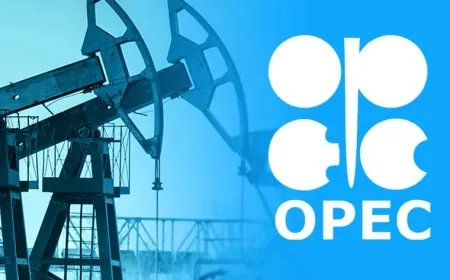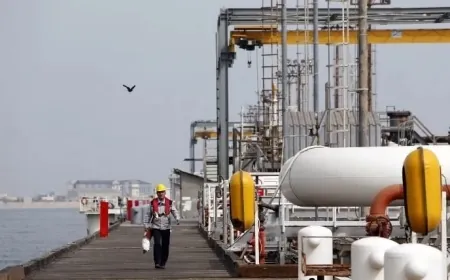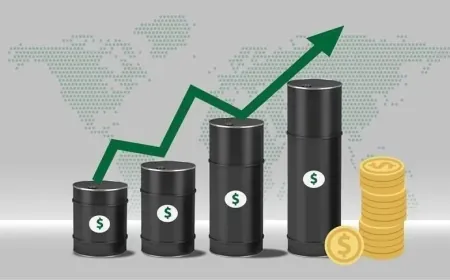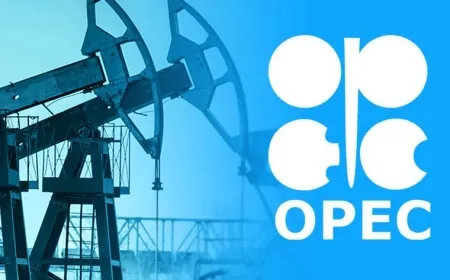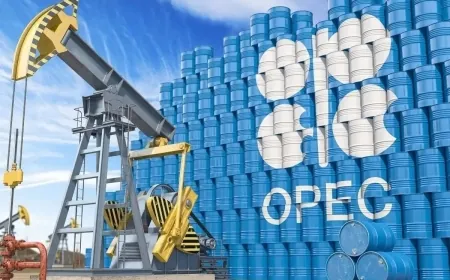Investing in Commodities: Pros, Cons, and What You Need to Know
Learn the benefits and drawbacks of investing in commodities and discover how to make informed investment decisions.

Commodities trading offers a range of benefits, including portfolio diversification, protection against inflation, and potential for high returns. However, it is not without its risks and complexities. In this article, we explore the pros and cons of investing in commodities, discuss key factors to consider, and provide tips on how to make informed investment decisions.
What are commodities?
Commodities are physical assets that can be bought and sold, such as precious metals, agricultural products, and energy resources. They are traded in markets around the world and their prices are driven by supply and demand factors, geopolitical events, and weather patterns.
Read Also: Elon Musk’s Twitter Acquisition Puts a Dollar Value on Each User = $152 Per Active User
Advantages of investing in commodities:
One of the main advantages of investing in commodities is portfolio diversification. Commodities have low correlation with other asset classes, such as stocks and bonds, which can help reduce overall portfolio risk. They can also provide protection against inflation, as commodity prices tend to increase as the prices of goods and services rise. Additionally, commodities have the potential to generate high returns, especially during times of high demand or supply shortages.
Risks of investing in commodities:
Commodities are inherently volatile, which means that they can experience significant price fluctuations in a short period of time. They are also subject to geopolitical risks, such as trade wars, political instability, and natural disasters, which can have a significant impact on commodity prices. Additionally, investing in commodities can be complex, as there are many different types of commodities, each with their own unique supply and demand factors.
Factors to consider before investing in commodities:
Before investing in commodities, it is important to consider several factors. Firstly, investors should evaluate their investment goals and risk tolerance to determine if commodities align with their portfolio strategy. They should also consider the specific type of commodity they want to invest in, as well as the supply and demand factors that affect its price. Additionally, they should stay up-to-date on geopolitical events and market trends that may affect commodity prices.
Strategies for investing in commodities:
There are several strategies for investing in commodities, including buying physical commodities, investing in commodity ETFs or mutual funds, and trading commodity futures contracts. Each strategy has its own benefits and drawbacks, and investors should carefully evaluate their options to determine which strategy aligns with their investment goals and risk tolerance.
Conclusion:
Investing in commodities can offer a range of benefits, including portfolio diversification, protection against inflation, and the potential for high returns. However, it is important for investors to understand the risks and complexities of this market before making any investment decisions. By evaluating their investment goals, considering key factors, and using a sound investment strategy, investors can make informed decisions and potentially achieve their financial goals through commodities trading.
Read Also: Nike's Stock Plunge Is a Wake-Up Call For the Sneaker Giant

















































